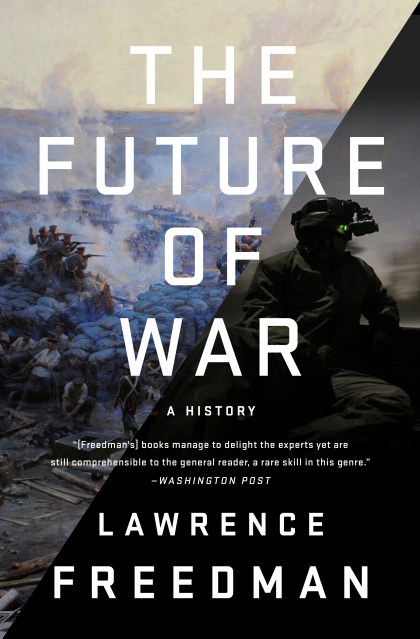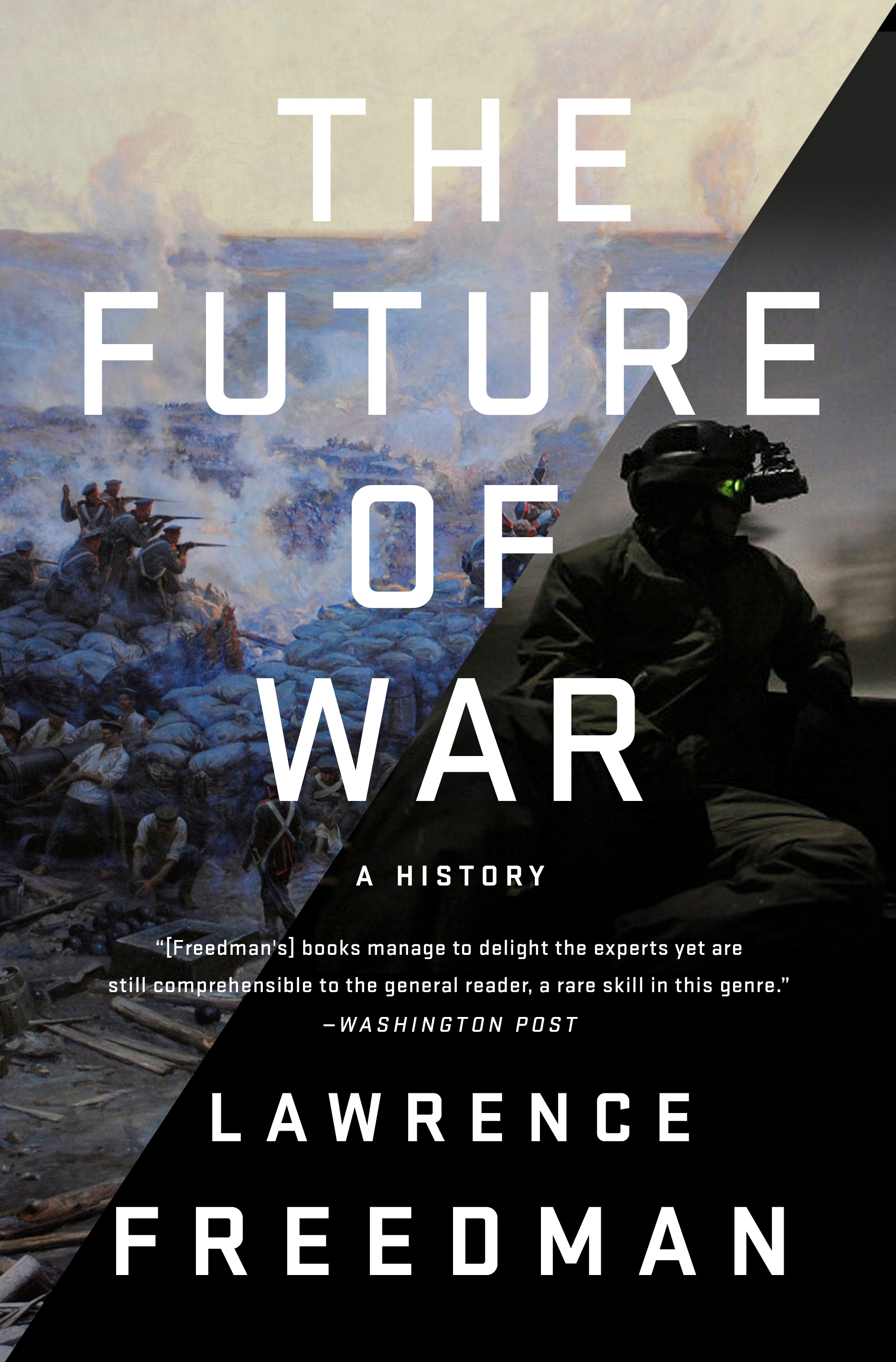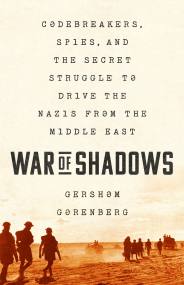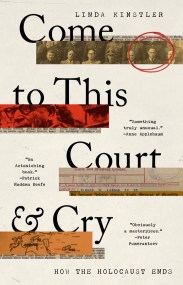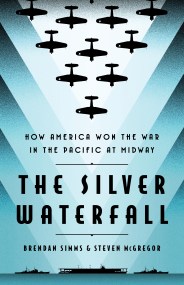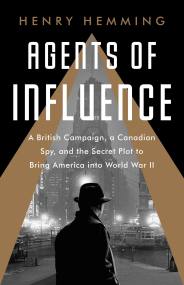By clicking “Accept,” you agree to the use of cookies and similar technologies on your device as set forth in our Cookie Policy and our Privacy Policy. Please note that certain cookies are essential for this website to function properly and do not require user consent to be deployed.
The Future of War
A History
Contributors
Formats and Prices
- On Sale
- Nov 5, 2019
- Page Count
- 400 pages
- Publisher
- PublicAffairs
- ISBN-13
- 9781541742772
Price
$18.99Price
$23.99 CADFormat
Format:
- Trade Paperback $18.99 $23.99 CAD
- ebook $11.99 $15.99 CAD
This item is a preorder. Your payment method will be charged immediately, and the product is expected to ship on or around November 5, 2019. This date is subject to change due to shipping delays beyond our control.
Buy from Other Retailers:
Questions about the future of war are a regular feature of political debate, strategic analysis, and popular fiction. Where should we look for new dangers? What cunning plans might an aggressor have in mind? What are the best forms of defense? How might peace be preserved or conflict resolved?
From the French rout at Sedan in 1870 to the relentless contemporary insurgencies in Iraq and Afghanistan, Lawrence Freedman, a world-renowned military thinker, reveals how most claims from the military futurists are wrong. But they remain influential nonetheless.
Freedman shows how those who have imagined future war have often had an idealized notion of it as confined, brief, and decisive, and have regularly taken insufficient account of the possibility of long wars-hence the stubborn persistence of the idea of a knockout blow, whether through a dashing land offensive, nuclear first strike, or cyberattack. He also notes the lack of attention paid to civil wars until the West began to intervene in them during the 1990s, and how the boundaries between peace and war, between the military, the civilian, and the criminal are becoming increasingly blurred.
Freedman’s account of a century and a half of warfare and the (often misconceived) thinking that precedes war is a challenge to hawks and doves alike, and puts current strategic thinking into a bracing historical perspective.
Genre:
-
Praise for Lawrence Freedman's Strategy: A History
"[Freedman's] books manage to delight the experts yet are still comprehensible to the general reader, a rare skill in this genre. On this occasion, he has produced what is arguably the best book ever written on strategy." --Washington Post
"Magisterial... wide-ranging erudition and densely packed argument."
--The Economist
"This is a book of startling scope, erudition and, more than anything, wisdom." --Financial Times
"Lawrence Freedman shows here why he is justly renowned as one of the world's leading thinkers about strategy, which he defines as the central art of getting more out of a situation than the starting balance of power would suggest." --Joseph S. Nye, Jr., Harvard University and author of The Future of Power
"This substantial, comprehensive, hermeneutic work examines the various dimensions and history of "strategy," which Freedman defines as "the art of creating power"...this very ambitious exploration provides readers with a useful introduction to the field of strategic studies." --CHOICE -
"Freedman consistently brings the discussion down to real cases, covering a wide range of history and geography. The final section, which considers the place of gang warfare and civil unrest in many parts of the world and the likely role of China in future conflicts, is especially thought-provoking. The author's lively style adds to the interest for general readers. A valuable book for anyone interested in international affairs."Kirkus Reviews, starred review
-
"The one thing that Sir Lawrence is sure of is that predictions of future war rarely get it right. His message to policymakers is to beware those who tout 'the ease and speed with which victory can be achieved while underestimating the resourcefulness of adversaries'. Anybody who thinks otherwise should read this book."The Economist
-
"[An] engaging survey of how and why historians and writers--of nonfiction, fiction and film--bravely prognosticate. The theme is scholarly, but the tone is refreshingly popular: Tom Clancy makes the index, but von Clausewitz does not."Army Times
-
"The work is extremely well written and an erudite product produced by a renowned military theorist. It should, without reservation, be considered a welcome addition to both the personal library of the more seasoned scholar as well as that of the senior level officer."Parameters
-
"Innovative... Readers who spend their time with either tech-driven science fiction or RAND analyses should put them aside for a while and read this thought-provoking book on the power of ideas in shaping the future of grand strategy."Lawfare
Newsletter Signup
By clicking ‘Sign Up,’ I acknowledge that I have read and agree to Hachette Book Group’s Privacy Policy and Terms of Use
